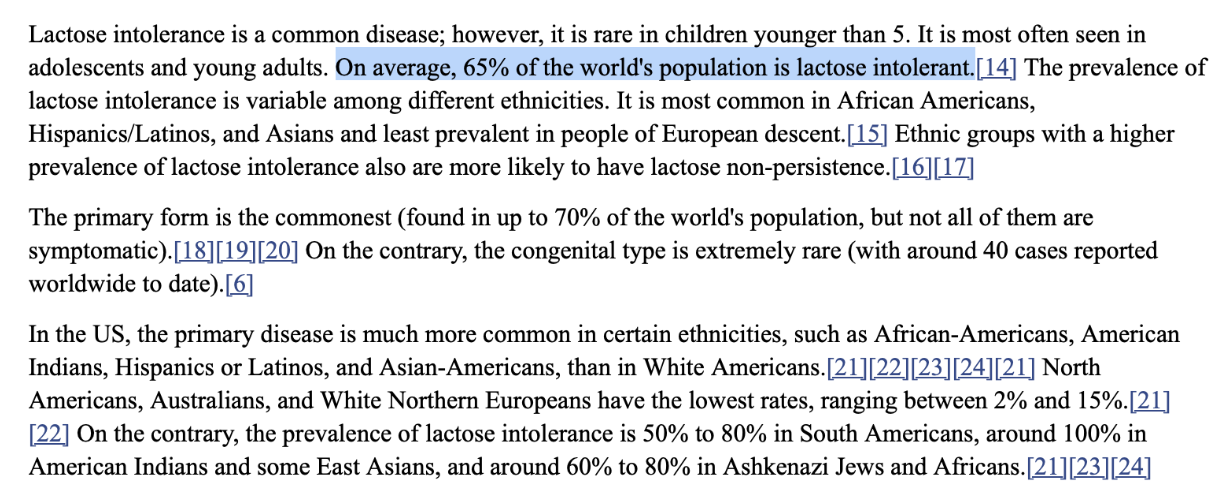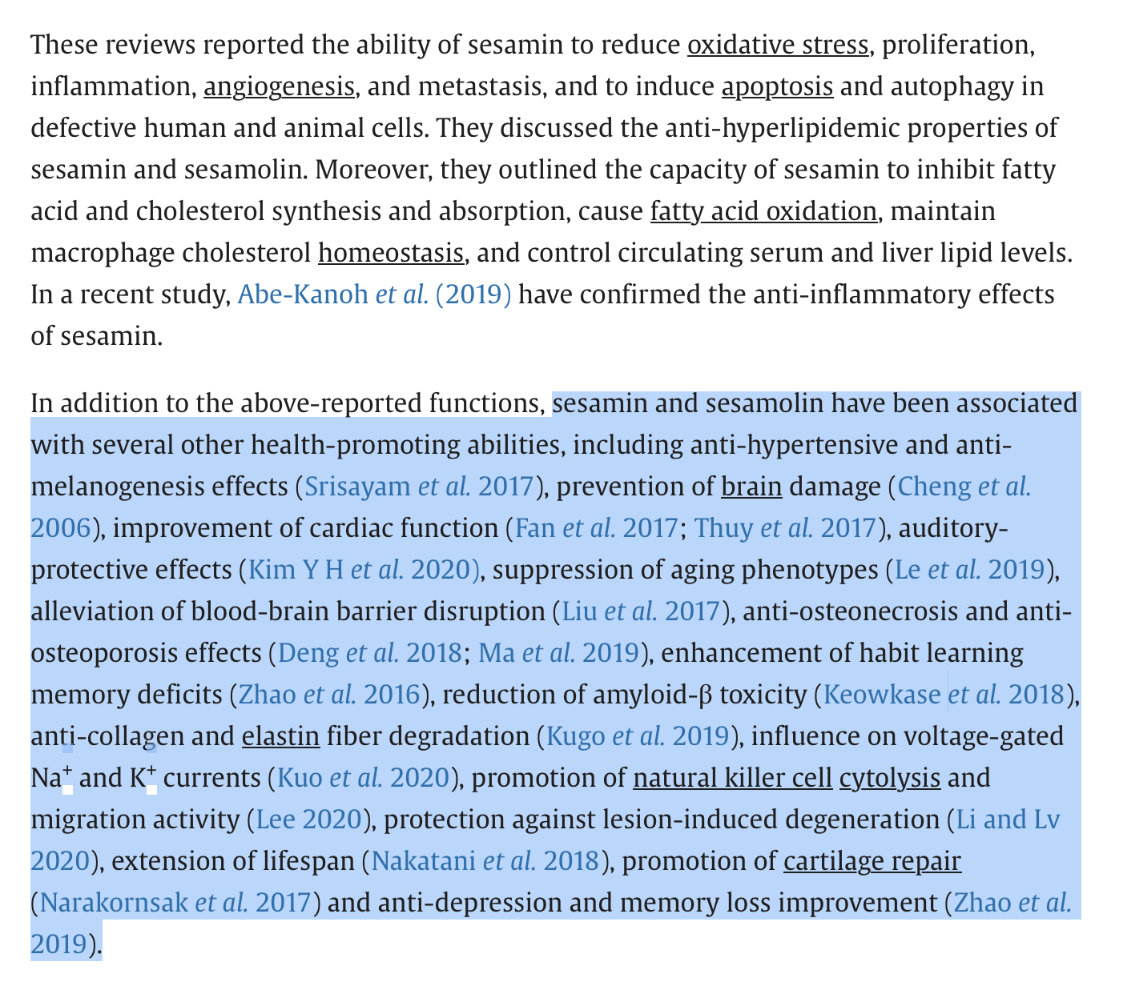The benefits of sesame seeds have been passed down through generations, yet somewhere along the way, we stopped paying attention. Think back to the winters when our grandmothers lovingly rolled sesame ladoos, urging us to eat them for ‘strong bones’ and ‘warmth.’ We never questioned their wisdom—we just enjoyed the nutty crunch and moved on.
But as time went by, we started believing that milk was the ultimate source of calcium, overlooking other powerful, natural alternatives.
Yes, ethically sourced and quality A2 dairy is a good source of calcium. But did you know that sesame seeds’ calcium content is nearly five times higher than milk?
These tiny seeds hold more than just calcium—they are a powerhouse of essential nutrients.
So why has this superfood been overlooked for so long?
Are we unknowingly missing out on an easy, natural way to strengthen our bones and nourish our bodies? It’s time to know why they deserve a place in your daily nutrition.
Table of Contents
ToggleIs Sesame the Forgotten Superfood Hidden in Plain Sight?
For decades, dairy has been reconsidered as the gold standard for bone health. We’ve been conditioned to believe that a glass of milk a day is the ultimate solution to preventing osteoporosis and fractures. But true bone strength isn’t just about calcium intake—it’s about how well our body absorbs and utilizes it.
While the sesame seeds’ calcium content is abundant, their real strength lies in supplying the essential co-factors that enhance calcium absorption and support overall bone health.
Why Calcium Alone Isn’t Enough?
Many believe that simply increasing calcium intake strengthens bones, but the reality is more complex. Calcium needs key co-factors—other essential nutrients that ensure it is properly absorbed and directed to the bones rather than accumulating in arteries or soft tissues.
The Role of Co-Factors
For calcium to be effective, it requires magnesium, phosphorus, and vitamin D. Magnesium plays a critical role in regulating calcium transport, ensuring it reaches the bones rather than contributing to arterial calcification. Vitamin K further supports this process by directing calcium to bones, reducing the risk of buildup in soft tissues. Meanwhile, phosphorus works alongside calcium to form hydroxyapatite, the key mineral that gives bones their structure and strength.
How Sesame Seeds Naturally Provide This Balance
Sesame seeds are an excellent source of these essential bone-supporting nutrients:
- Magnesium supports calcium transport, preventing its accumulation in arteries.
- Phosphorus helps build strong bones by forming hydroxyapatite.
- Vitamin K ensures calcium is utilized effectively, reducing the risk of osteoporosis.
- Zinc aids in bone repair and collagen synthesis, lowering fracture risk.
By incorporating sesame seeds into your food, you’re not just adding calcium—you’re ensuring your body can absorb and utilize it for long-term bone health.

Benefits of Sesame Seeds: A Natural Solution for Dairy-Free Food
Dairy works well for some but isn’t suitable for everyone. Lactose intolerance, dairy sensitivities, and inflammatory responses are common concerns. 65% of the global population is lactose intolerant.

For those who struggle with dairy, sesame seeds for calcium are an excellent alternative. Unlike some plant-based sources that contain anti-nutrients like oxalates or phytates, sesame seeds offer bioavailable, digestible, and inflammation-free calcium that is easily absorbed by the body.
Disclaimer: Rather than choosing between dairy and sesame seeds, the key is balance. By incorporating diverse sources of calcium, you can optimize bone health without compromising digestion.
Let’s see the nutritional value of 1 Tbsp, whole, dried, sesame Seeds
Ethically sourced and sustainably harvested, sesame seeds are packed with essential nutrients that support bone health, heart function, and overall well-being. Below is a detailed breakdown of their nutritional composition:
| Nutrient | Amount per 1 tbsp |
| Energy | 51.57 kcal |
| Protein | 1.6 g |
| Total Fat | 4.47 g |
| Saturated Fat | 0.63 g |
| Monounsaturated Fat | 1.69 g |
| Polyunsaturated Fat | 1.96 g |
| Carbohydrates | 2.11 g |
| Dietary Fiber | 1.06 g |
| Sugars | 0.03 g |
| Calcium | 87.75 mg |
| Magnesium | 31.59 mg |
| Phosphorus | 56.61 mg |
| Potassium | 42.12 mg |
| Iron | 1.31 mg |
| Zinc | 0.7 mg |
| Copper | 0.37 mg |
| Manganese | 0.22 mg |
| Selenium | 0.51 mcg |
| Vitamin B1 (Thiamin) | 0.07 mg |
| Vitamin B2 (Riboflavin) | 0.02 mg |
| Vitamin B3 (Niacin) | 0.41 mg |
| Vitamin B6 | 0.07 mg |
| Folate (Vitamin B9) | 8.73 mcg |
| Vitamin E | 0.02 mg |
| Sodium | 0.99 mg |
| Cholesterol | 0 mg |
Source: University of Rochester Medical Center. (n.d.). Sesame seeds: Nutrition facts and health benefits. Retrieved March 28, 2025, from https://www.urmc.rochester.edu/encyclopedia/content?contenttypeid=76&contentid=12023-2
Beyond Bones: The Incredible Benefits of Sesame Seeds
Sesame seeds do so much more than just support your bones—they’re tiny powerhouses packed with nutrients that fuel your heart, gut, hormones, thyroid, skin, and joints. If you’ve been overlooking the benefits of sesame seeds, it’s time to give these little superseeds a spot on your plate!
Let’s know how sesame seeds can work wonders for your overall well-being:
-
Heart Health: Lower Cholesterol, Better Circulation: Cardiovascular diseases are a growing concern, making heart health more important than ever. Studies show that sesamin and sesamol, two powerful antioxidants in sesame seeds, help reduce low-density lipoprotein (LDL) or bad cholesterol while increasing high-density lipoprotein (HDL) or good cholesterol.

Additionally, sesame seeds contain heart-friendly fats—polyunsaturated and monounsaturated fats—that support healthy blood pressure, improve circulation, and prevent arterial plaque buildup. Regular consumption may help lower hypertension risk by increasing nitric oxide levels, which promote better blood flow.
2. Gut Health: A Natural Prebiotic for Digestive Wellness
Your gut health impacts everything from digestion to immunity and even mental well-being. Sesame seeds are an excellent source of dietary fiber, which supports smooth digestion, alleviates constipation, and promotes a healthy gut microbiome.
As a natural prebiotic, the fiber in sesame seeds feeds beneficial gut bacteria, stimulating the production of short-chain fatty acids (SCFAs) that strengthen the gut lining, reduce inflammation, and support immune function.
3. Hormonal Balance: A Natural Ally for Women’s Health
Hormonal imbalances can affect mood, metabolism, and overall well-being, particularly in women. Sesame seeds contain phytoestrogens, plant compounds that mimic estrogen in the body. These compounds can naturally ease menopausal symptoms like hot flashes, mood swings, and bone loss.
Unlike synthetic hormone therapy, phytoestrogens offer a gentle, plant-based solution to maintaining hormonal balance without unwanted side effects. Sesame seeds may also help regulate menstrual cycles and support reproductive health.
4. Thyroid Function: Selenium for Metabolic Health
The thyroid gland plays a critical role in metabolism, energy levels, and hormone production. Selenium, an essential mineral for thyroid health, supports the synthesis of thyroid hormones. Sesame seeds naturally contain selenium, making them particularly beneficial for individuals with hypothyroidism and Hashimoto’s thyroiditis.
5. Joint and Skin Health: Anti-Inflammatory and Anti-Aging Benefits
Chronic inflammation contributes to joint pain, arthritis, and premature aging. Sesamin and sesamol, the bioactive compounds in sesame seeds, have anti-inflammatory properties that help reduce joint stiffness and discomfort.
Sesame seeds are also packed with vitamin E, zinc, and polyphenols, which protect against oxidative damage, boost collagen production, and improve skin elasticity.
When and How to Eat to Get Maximum Benefits of Sesame Seeds
Just like any superfood, timing, preparation, and pairing can enhance nutrient absorption and maximize health benefits of sesame seeds.
Best Time to Eat Sesame Seeds
- Morning – Enhances nutrient absorption, boosts energy, and supports digestion.
- Night – Aids bone repair, promotes relaxation, and improves sleep quality.
- Winter – Provides warmth, boosts immunity, and nourishes skin and hair.
How to Eat Sesame Seeds for Maximum Absorption
Just eating sesame seeds isn’t enough—their bioavailability depends on how they’re prepared and combined with other nutrients.
1. Raw or Roasted?
While raw sesame seeds retain their full nutrient profile, their hard outer shell can make calcium and other minerals less bioavailable. Lightly roasting or soaking sesame seeds can help:
- Break down anti-nutrients (phytates), which inhibit mineral absorption.
- Enhance calcium absorption, making sesame seeds calcium more bioavailable for bone health.
2. Ground or Whole?
Grinding sesame seeds improves mineral absorption, as the outer shell (hull) is broken down, allowing better digestion and nutrient extraction (Luo et al., 2016). Tahini (sesame paste) or freshly ground sesame powder is an excellent way to consume them.
3. Best Food Combinations for Absorption
Pairing sesame seeds with certain nutrients can enhance their absorption:
- Vitamin D (from sunlight or food sources like mushrooms and fortified dairy) helps maximize calcium uptake.
- Magnesium-rich foods (like spinach, almonds, and dark chocolate) complement sesame seeds’ calcium for better bone health.
- Healthy fats (like ghee, avocado, or olive oil) enhance the bioavailability of fat-soluble vitamins in sesame seeds.

Disclaimer: While there are numerous health benefits of sesame seeds, individual nutritional needs vary. Those with existing medical conditions, allergies, or dietary restrictions should consult a healthcare professional before incorporating them into their diet.
Simple and Delicious Ways to Add Sesame Seeds to Your Diet
Now that we know how powerful sesame seeds are, how do we make them a part of our everyday routine?
Here are some simple and delicious ways:
- Sesame Laddoos – A traditional energy-packed treat made with jaggery and ghee, perfect for bone health.
- Tahini (Sesame Paste) – A creamy spread or dip that can be drizzled over salads, soups, or even blended into smoothies.
- Sesame Milk – A dairy-free alternative to cow’s milk, packed with more calcium and a naturally nutty flavor.
- Toasted Sesame Seeds – Sprinkle them over rice, vegetables, or yogurt for an extra crunch and nutritional boost.
- Sesame Oil for Cooking – Cold-pressed sesame oil is excellent for joint health and can be used in dressings or stir-fried dishes.
You can also try these tried-and-tested recipes curated by Team Luke:
- Rejuvenate and Strengthen the Body: Quick Bite, Power-Packed Sesame Seeds Edible-Gum Ladoo – A nutrient-dense ladoo that supports bone and joint health with the goodness of edible gum.
- Sesame Seeds Chikki – Crunch with a Munch – A classic winter snack loaded with calcium, magnesium, and iron, perfect for keeping bones strong.
- Turmeric Sesame Ladoos – Anti-Inflammatory Bombs! – A powerful blend of turmeric and sesame seeds, helping combat inflammation, aid immunity, and promote bone health.
These recipes are not only nourishing but also a great way to enjoy the benefits of sesame seeds in their most bioavailable forms. Try them out and feel the difference!
Disclaimer: These recipes are intended for general wellness and nutritional support. Individual dietary needs vary, so please consult a healthcare professional if you have allergies, medical conditions, or specific dietary restrictions before trying them.
Are There Any Side Effects or Precautions?
While the benefits of sesame seeds are numerous, certain individuals should consume them in moderation or avoid them altogether.
- Allergic Reactions – Individuals with seed allergies should avoid sesame to prevent immune responses like swelling or rashes.
- Low Blood Pressure – Sesame has natural hypotensive properties that may lower blood pressure further when combined with medication.
- Kidney Stone Risk – Sesame seeds’ calcium content is high, but they also contain oxalates, which, in excess, can contribute to kidney stone formation.
- Digestive Sensitivities – Large amounts may cause bloating; soaking or toasting improves digestibility and nutrient absorption.
True health isn’t about isolated nutrients; it’s about how they work together in harmony. So, don’t just focus on calcium—focus on balance. And the next time you reach for a quick fix, remember that nature has already packed everything you need into these powerful little seeds.
Start small, stay consistent, and let real food do its magic!
Sesame seeds can nourish your body, but they’re not a magic fix. Every aspect of your lifestyle matters—your nutrition, movement, sleep, and emotional well-being. When they work together, that’s when real health happens!
ALSO WATCH:
Disclaimer: This blog is for informational purposes only and is not a substitute for professional medical advice, diagnosis, or treatment. Always seek the guidance of a qualified healthcare provider before making any dietary or lifestyle changes, especially if you have underlying health conditions, allergies, or are on medication. The benefits of sesame seeds may vary from person to person, and moderation is key for optimal health.
Your health isn’t just about what you eat—it’s about how you live, think, and feel.
Our Signature Wellness Program is designed to help you build sustainable habits, optimize your health, and feel your best every day.
If you’re ready to take charge of your well-being, we’re here to guide you every step of the way. Join us today!
Schedule a one-on-one consultation with our experts by calling us at 1800 102 0253 or emailing us at [email protected].
Team Luke
Start Your Wellness Journey
Feeling inspired to take the next step in your wellness journey? Connect with us to explore how our tailored programs can support your health journey. Your transformation is just a conversation away.



